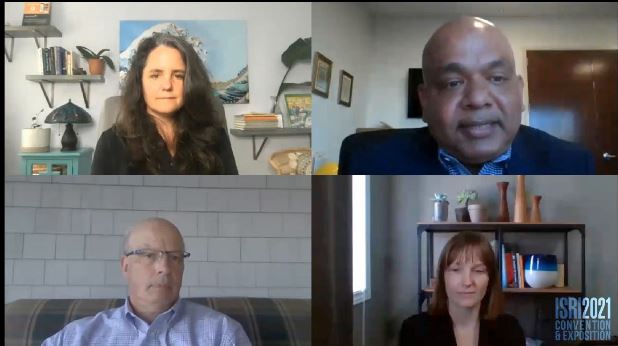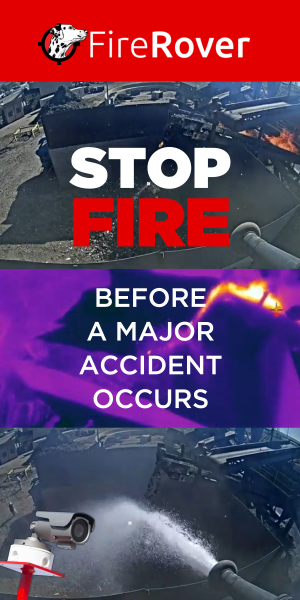This highlight article focuses on the Plastics Spotlight session from ISRI2021. If you would like to watch these sessions in their entirety, you can still register for ISRI2021 here.
Low prime rates, flat oil and natural gas production put extra pressures on plastic recyclers’ operations, but lack of clarity from brand owners to processors and differing legislation are also causing headaches, experts said during the Plastics Spotlight at ISRI2021.
“The million-dollar question is, once we create all this demand [for postconsumer recycled plastic], will our industry be able to supply this recycled plastic for the various applications? Supplying PCR is easier said than done,” states Sunil Bagaria, founder-president of GDB International Inc., and chair of ISRI’s Plastics Division. He moderated a panel that included Eadaoin Quinn, director of business development and procurement at EFS Plastics; Steve Alexander, president and CEO of the Association of Plastic Recyclers (APR); and Nina Butler, CEO of Stina Inc.
Butler explained how COVID-19 has driven an explosion in virgin resin demand. E-commerce, home-delivered food and packaged goods, and medical/pharma demand have skyrocketed. However, much of the personal protective equipment donned by millions around the world has been discarded, and not recovered by recyclers.
Using preliminary 2019 numbers, Butler illustrates how 5.1 billion pounds of collected plastics in the U.S. and Canada breaks down:
- 35% PET
- 25% non-bottle rigids
- 20% HDPE bottles
- 19% film
- 1% polypropylene and other bottles
“We need to continue to recycle right; educate; harmonize information to the public; provide availability; produce good-quality feedstock that can go back into PCR that can be used in products designed for recycling; and then encourage people to actually buy recycled,” she says.
APR says brand owners are responsible for helping recyclers beginning with the design phase of their products, Alexander says. “You can’t expect the recycling system to create recyclate to help brand owners meet their sustainability commitments if they’re contaminating the very streams of material you want [recyclers] to create recyclate from.”
Recyclers will be under pressure to deliver higher volumes of PCR as governments mandate its content in bottles and beyond, he says. “By 2025, we know we need to collect more than four times the amount of material than the system is collecting today. Asking the current infrastructure to generate the potential feedstock for recycling that the brands have indicated they want is like asking a 1978 Chevrolet Chevette to meet current California emissions standards.”
Quinn already feels pressure for recyclers to deliver clean, clear or color-specific resins, especially for food packaging. Curbside collection programs don’t always provide an easy solution. “Your oil container could be in a mixed plastic bale. I don’t want that in next to a yogurt cup,” she notes. While many favor more public education to boost recycling at the consumer level, she says recyclers must be more active in recovering materials. “This is our business. We have to make it as easy as possible for people. If we see value in that material, we have to go get it,” Quinn states.
All the panelists agreed that more effort is needed to get consistent recycling policies enacted into law in the U.S., where a lack of a national policy on recycling leads to diverging collection of postconsumer plastics.
“There’s 20,000 communities in this country. There’s 15,000 recycling programs; 9,000 take different things. So there’s no consistency from one system to another,” Alexander says. Recyclers will be a key voice in developing policy solutions that make more efficient use of recyclable resources, Butler says. “This country is built on innovation, and I think recyclers are some of the best examples of innovation. We need all the tools in the toolbox for policy,” she concludes.
Photo courtesy of ISRI2021. Caption: Clockwise from top left, Nina Butler, Sunil Bagaria, Eadoin Quinn, and Steve Alexander discuss plastics trends at ISRI2021.
Additional Resources













